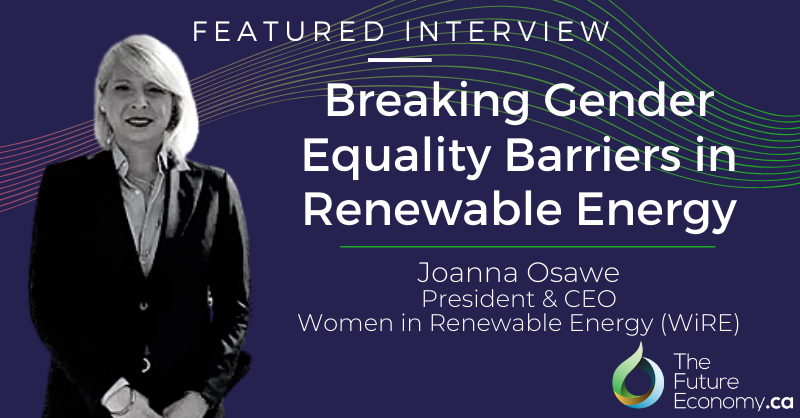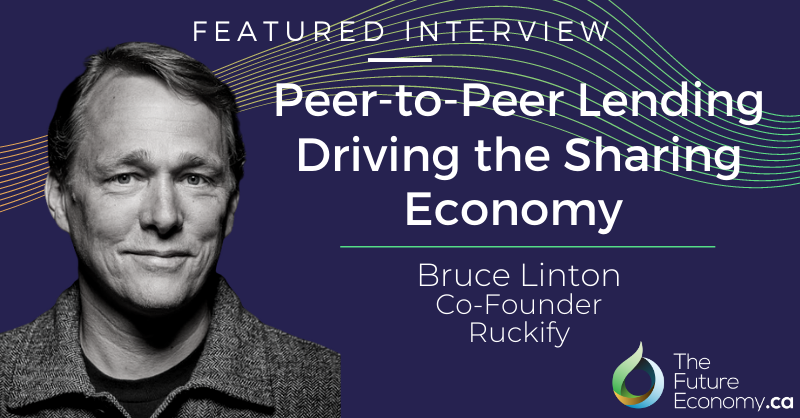|
Ushering in ‘Freeconomics’ |
Newly appointed and first ever female Finance Minister Chrystia Freeland has taken the reins in Canada’s economic recovery, but what can we expect from the former journalist, Rhodes Scholar and Harvard grad?
On her second day, Freeland announced an additional $37-billion income support plan for workers, which may signal an overall vision of increasing the social safety net for Canadians. Freeland argued last week that the government should support a green, equitable and inclusive recovery and sources close to her and PM Trudeau believe they want to “seize on the historical moment to reshape the country’s industry, workforce and social supports.”
This falls in nicely with her impassioned TED Talk from 2013, where she pointed to the global phenomenon of surging income inequality as the “most important economic fact of our time” and called for a “new New Deal.”
The sentiment was echoed by Daniel Zanotti, the CEO of United Way Toronto, who, in an op-ed for TheFutureEconomy.ca, argued that Canada needs to implement a robust post-COVID Poverty Reduction Strategy, which will become an “essential part of our work ahead to reignite our economy, restore people’s livelihoods and apply the learnings of this crisis to strengthen our social safety net."
|
Environmental, Economic and Equitable...
|
Cretney and her team submitted 53 “shovel-ready” projects from 28 organizations across Canada that are aligned with a low emission economy and have the potential to create over 25,000 jobs within six to 12 months. Initiatives like these largely have support: Canadians are much more likely to support specific green job and recovery measures than they are to back a more general call to address climate change through post-pandemic economic stimulus, according to polling last month by Ipsos Canada. But how can we make the green transition just and equitable?
|
In mid-July, the Task Force for a Resilient Recovery, a group of independent finance, policy and sustainability leaders backed by the International Institute for Sustainable Development, issued five policy directives for Canada to “build back better” after COVID-19. To ensure effectiveness, the group outlined that the recovery plan must be environmental, economic and equitable—-paying particular attention to youth, women, Indigenous people and vulnerable groups. |
They are not the first to draw the link between underrepresented groups and the green recovery, particularly women. Efficiency Canada and others have made the argument that energy efficiency trades is one way to recover from the job loss women experienced during the COVID-19 “she-cession.”
|
Our recent interviewee, President and CEO of WiRE (Women in Renewable Energy), Joanna Osawe, identified existing cultural norms, lack of skills and lack of gender-specific training as barriers preventing women from entering the industry. However, she believes Canada is on the way to achieving gender parity in renewable energy by 2030 and views “this crisis as an opportunity to accelerate a transition to a low-carbon economy over the next few years.” |
We’ll learn more about Minister Freeland’s vision for the economy in September’s Throne Speech, but until until then learn more about energy and sustainability on TheFutureEconomy.ca! |
Interested in sustainability? Do we have the platform for you! Bruce Linton, the co-founder of cannabis company Canopy Growth, has launched a new app that aims to cut down on consumerism while growing the sharing economy.
So, if you’re looking for a canoe trip but aren’t interested in making the big spend, you can use Ruckify, a platform for peer-to-peer rentals that launched in Canada and is expanding across North America. Read more about Bruce’s entrepreneurship journey, environmentalism and the sharing economy here.
|
If you liked this newsletter, share it with your friends!
If this was forwarded to you, consider subscribing.
|
|
| |
|
|
|








